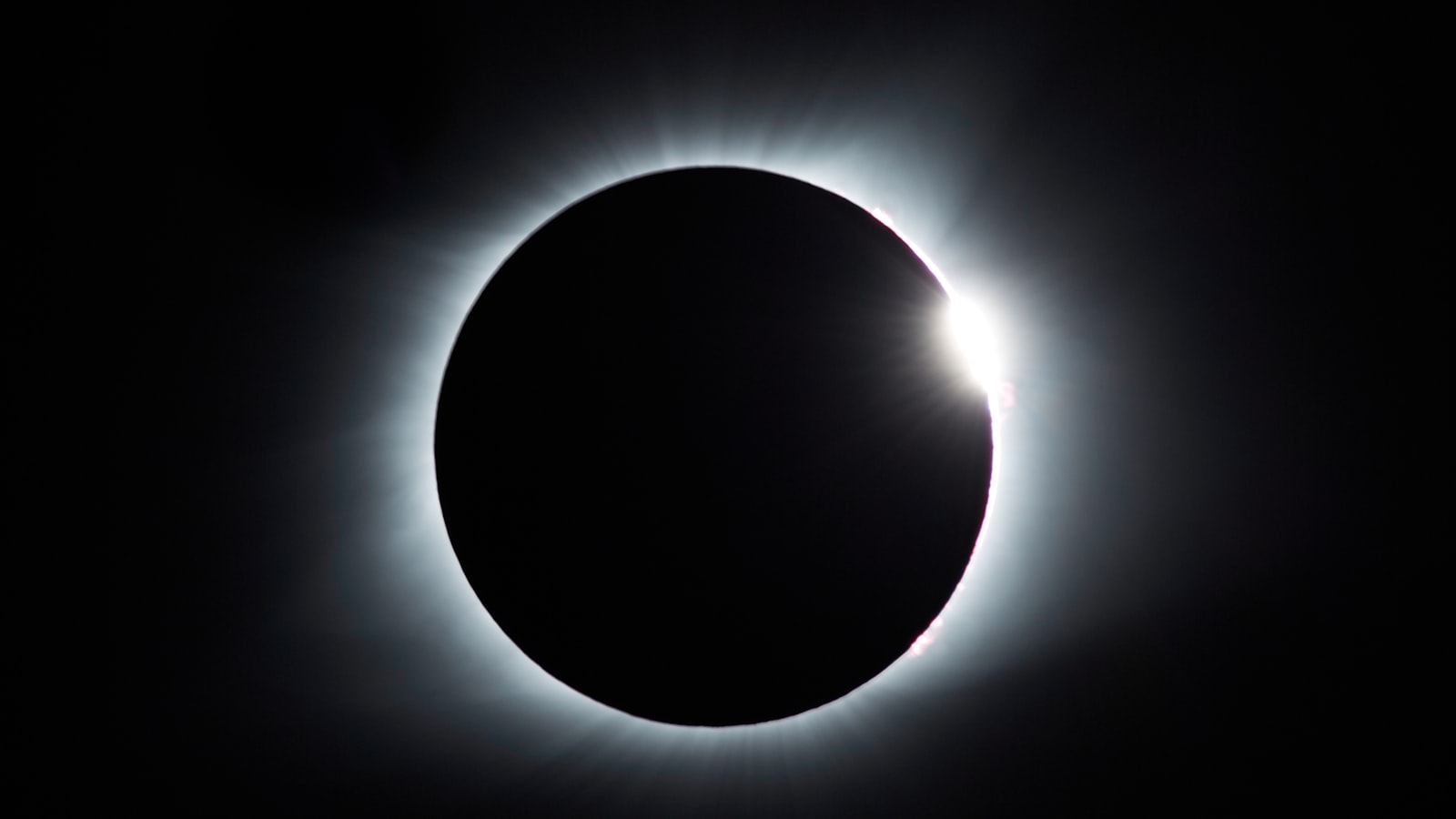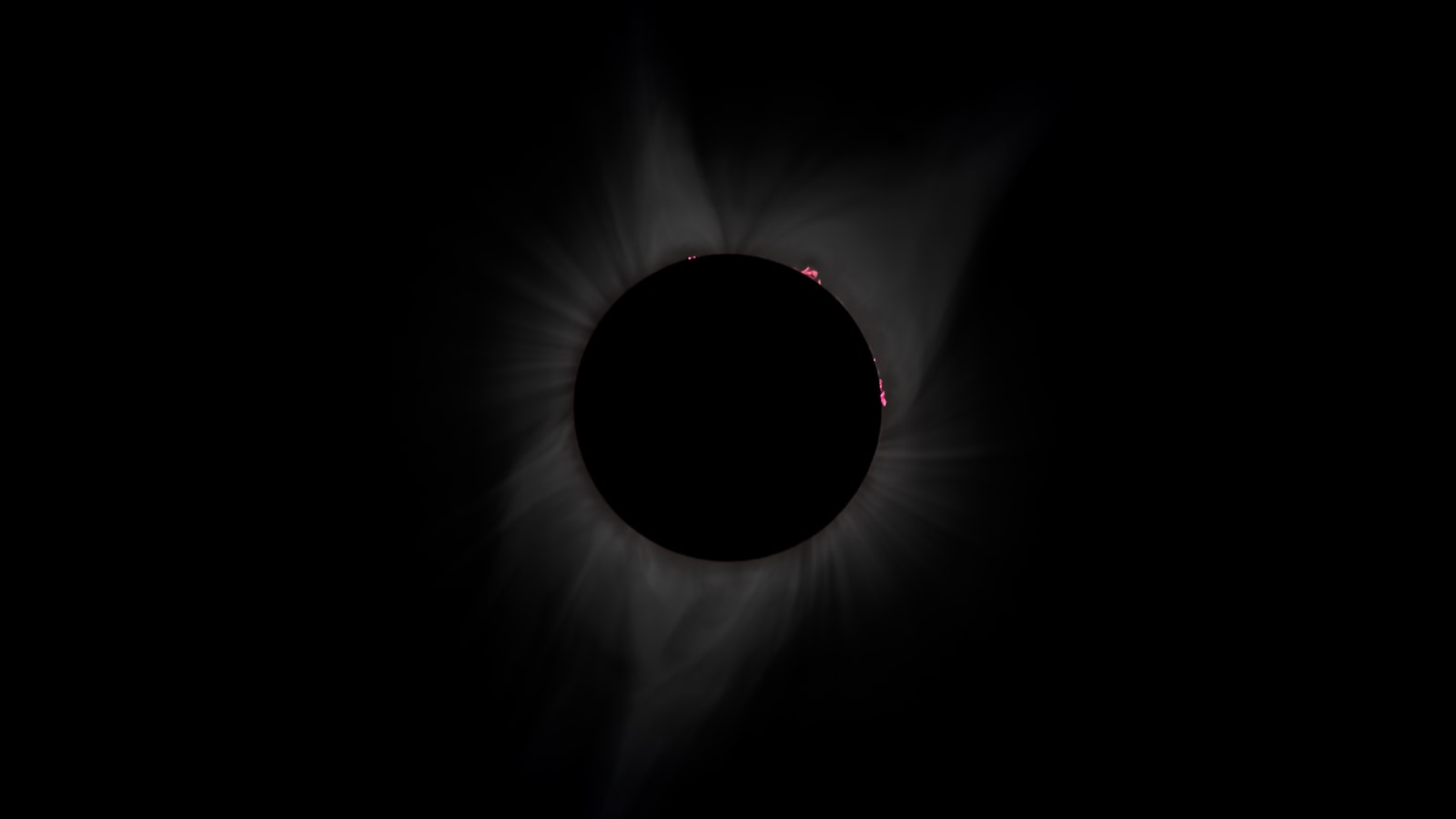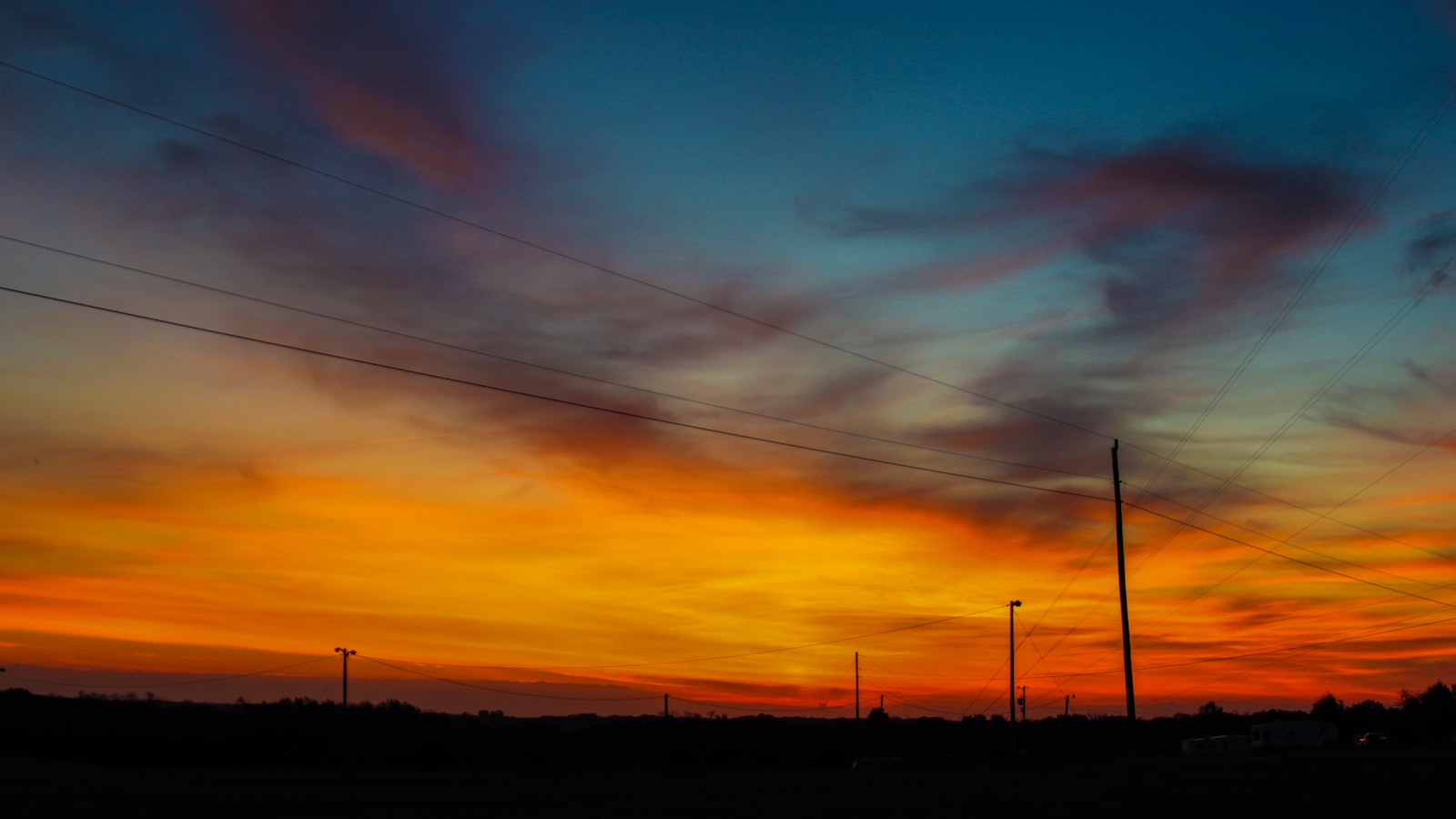
In the vast theater of the cosmos, there are few performances that rival the spectacle of a solar eclipse. It's a moment when the Sun, Moon, and Earth align in a celestial ballet, captivating audiences below. And for those in Missouri, April 8, 2024, promises an unforgettable show.
Missouri's Eclipse Fever: The Countdown Begins
On April 8, 2024, day will turn to night as the Moon casts its shadow across Earth, darkening the skies of Missouri. This event, a total solar eclipse, is not only rare but also geographically selective – and Missouri is one of the distinguished locales on its path.
Why Missouri is a Must-Visit for Eclipse Chasers
Missouri’s prime positioning along the eclipse’s path of totality offers observers an unparalleled view. The path of totality is the narrow swath across Earth's surface where the Moon will completely cover the Sun. In these coveted locations, the eclipse goes from a partial to a total phenomenon, where the disk of the Moon fully engulfs the Sun, revealing the ethereal beauty of the solar corona.
Preparing for the Big Day
As the Moon slow dances across the Sun's face, safety should be on the forefront of every observer's mind. Absoluteeclipse.com can be your trusted partner for securing ISO 12312-2:2015(E) compliant glasses. Recognized by the American Astronomical Society's Solar Eclipse Task Force, you can be assured of a safe and mesmerizing experience with their gear.

Missouri's Solar Eclipse Path: Where to Watch
Curiosity might be urging you to ask, "Where in Missouri is the eclipse view supreme?" Let's explore the top viewing destinations and what they offer for an ultimate eclipse experience.
St. Louis: The Gateway to the Stars
St. Louis finds itself incredibly fortunate, as the path of totality grazes the northern edge of the city. The Gateway Arch, already a symbol of westward expansion, will serve as a literal gateway to one of the sky’s most astounding events.
Kansas City: A Cosmic Celebration
Kansas City will partly bask in the shadow of the Moon. Although the city itself isn’t within the path of totality, a short trip northward will place you under the full shadow, where the entirety of the eclipse can be savored.
Columbia: A Scholarly Perspective
Home to the University of Missouri, Columbia lies directly in the path. Not only does this present an opportunity for a communal gathering under the darkened sky, but it also allows for scientific communities within the city to partake and educate, turning the entire event into a live classroom.
Going Rural: Nature's Eclipse
Rural Missouri offers some of the best vistas for this celestial marvel. Small towns dotting the path of totality, like St. Clair and Festus, promise a less crowded, intimate viewing experience.
Eclipse Timing: Schedule Your Eclipse Timer
Precision matters when catching a solar eclipse. Each location experiences totality at a different time. Use tools like eclipse-timer.com for accurate, up-to-the-second timing for the eclipse's stages, ensuring you don't miss a moment of this cosmic occurrence.

Making the Most of Eclipse Day
Eclipse day is more than just astronomy; it's about community. Here are some tips for maximizing your experience:
- Eclipse Events: Cities like St. Louis and Columbia are likely to host special events. Be on the lookout for gatherings, lectures, and viewing parties.
- Eclipse Photography: Capturing this event is a favorite for many. If you plan to take photos, make sure you have the right gear and filters to protect your camera.
- Plan Ahead: Accommodations may fill up quickly. Book your stay early and consider exploring Missouri's local attractions while you're in town.
The Symbiotic Relationship of Science and Wonder
Solar eclipses are more than just stunning visual experiences; they offer invaluable data to the scientific community. From understanding the Sun’s corona to relativity tests, eclipses have paved the way for significant scientific discoveries.
How Eclipses Illuminate Science
- Solar Research: The only time the Sun’s corona is visible from Earth is during a total solar eclipse. This allows scientists to study solar winds and magnetic fields.
- Confirming Einstein: Eclipses have been famously used to validate predictions made by Einstein’s General Theory of Relativity.
How to Celebrate Post-Eclipse
After the eclipse, keep the wonder alive. Missouri’s rich cultural tapestry offers music, cuisine, and history to explore. Reflect on the day's astronomical achievements with a toast of local craft beer or a swirl of BBQ sauce.
Reflections on the Celestial Marvel: A Closing Thought
Like all grand performances, a solar eclipse comes to an end, but its impact lingers. Whether you witness it as a celestial aficionado or a newcomer to the skies, the opportunity to observe such an event can be transformative.
Missouri, are you ready? April 8, 2024, is a date with the cosmos.
Remember, Absoluteeclipse.com stands ready to equip you with the solar gazing gear necessary for this astronomical journey. The countdown to totality is on—prepare to gaze skyward and witness firsthand the wondrous ballet of the Sun, Moon, and Earth.
Prepare, anticipate, and celebrate. The solar eclipse of 2024 is a day for Missouri's history books. Be a part of it.




















